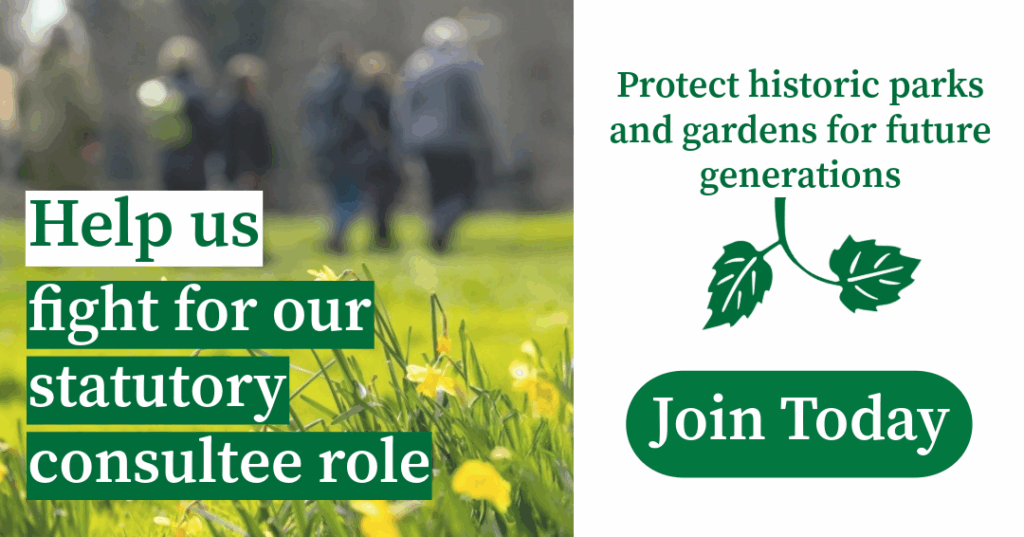
Garden History 47: supplement 1 Spring 2019
Repton and Horticulture
The Proceedings of a Conference held at the Dorothy Fox Education Centre,
Sheffield Botanical Gardens, on 20 and 21 September 2018
The Gardens Trust is pleased to publish its third online special issue of Garden History, on this occasion to disseminate the papers presented at a two-day conference held at the Sheffield Botanical Gardens on 20 and 21 September 2018. The conference, ‘Repton and Horticulture’, was a key event in the year-long celebration of Humphry Repton’s bicentenary and brought together experts on this great eighteenth-century landscape designer. The Gardens Trust is grateful to the speakers who have contributed papers to this special issue as well as to Historic England, whose support has made publication possible.
Barbara Simms, Editor Garden History
The cover of this issue shows: Watercolour image titled ‘The Flower Store’, from Humphry Repton’s report (Red Book) concerning the gardens at Ashridge, Hertfordshire, submitted to the Earl of Bridgewater in 1813. Digital image courtesy: Getty’s Open Content Program.
Jill Sinclair and Jan Woudstra
Preface
Camilla Beresford
The Art of Concealment and The Concealment of Art
Jonathan Finch
Humphry Repton: domesticity and design
Mark Laird
Humphry Repton at Woburn Abbey, Bedfordshire:
before and after the Red Book
Mick Thompson
Humphry Repton and the Development of the Flower Garden
Patrick Eyres
Wentworth Woodhouse and the Yorkshire Commissions
of Humphry Repton
Jan Woudstra
Landscape Gardening and the Metropolis:
Reptonian influences on John Nash’s transformation
of St James’s Park, 1814–30
Sarah Rutherford
An Introduction to Hardy Plants and Plantings
for Repton and late Georgian Gardens (1780–1820)
(London: Historic England, 2018)
Brent Elliott
Two Centuries of Repton’s Reputation
To obtain copies, in the usual paper format, at £18 (post free in the UK, and including VAT; at cost overseas); for prices for bulk orders please contact contact our printers or phone: +44 (0)1787 249 286
Supported by Historic England


